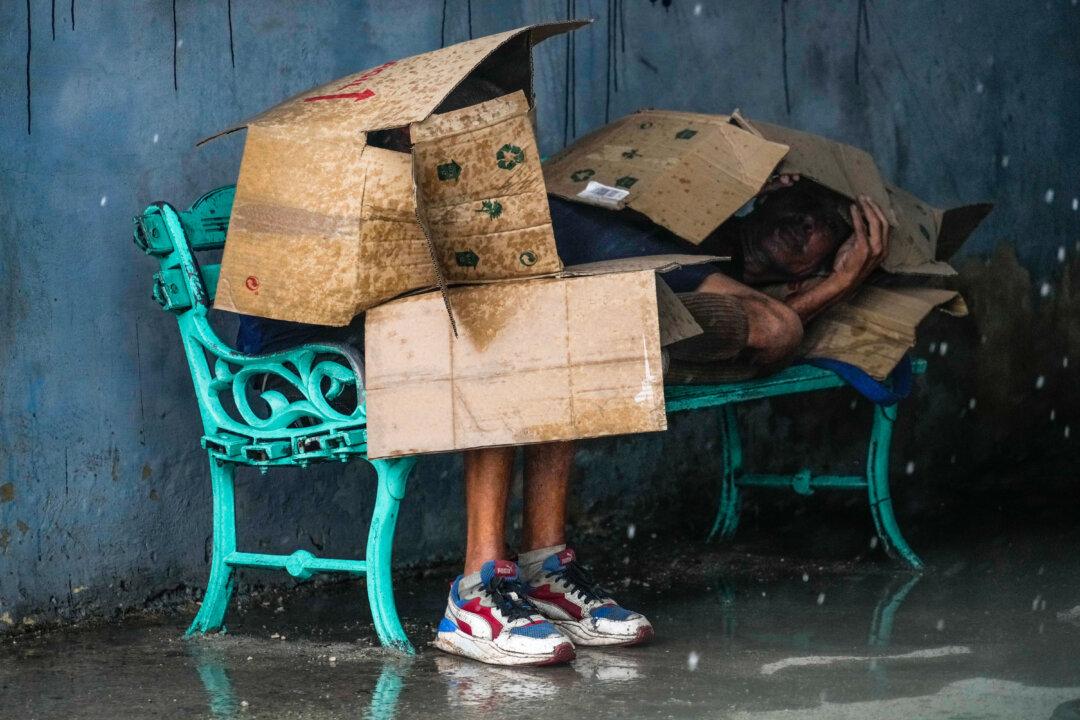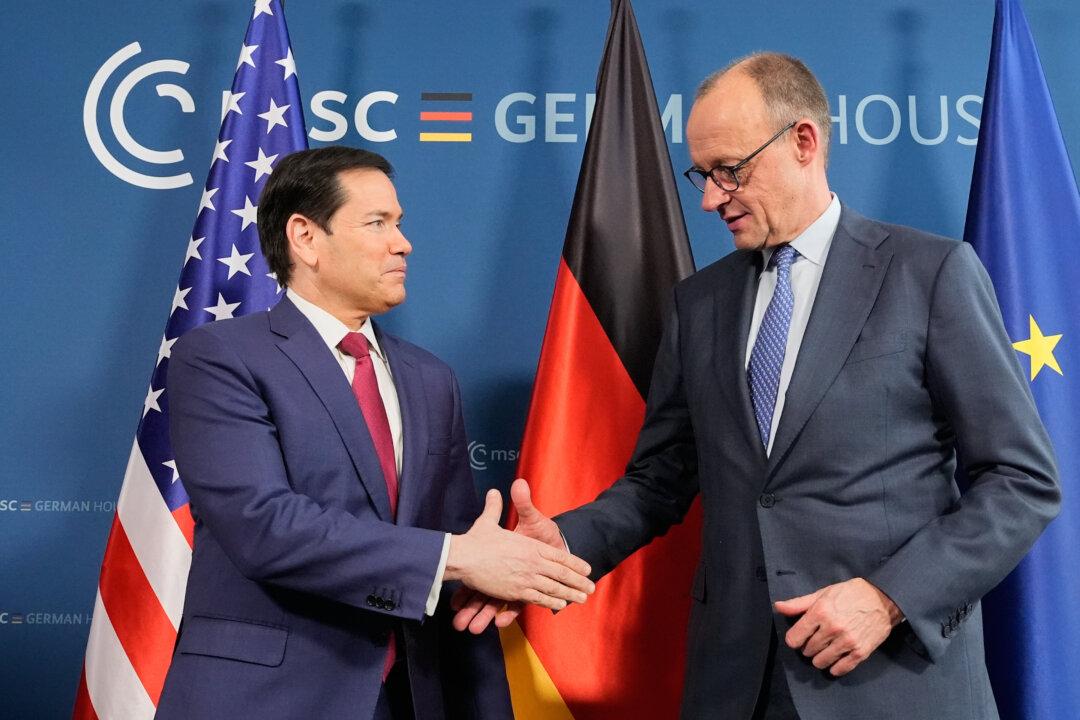Cuba’s national electricity grid has been knocked out for the second time in two weeks, after Hurricane Rafael, a Category 3 storm, hit the island.
Massive waves hit the shoreline in the Cuban capital, Havana, on the night of Nov. 6 as heavy rain and strong winds buffeted the darkened city.
Forecasters warned that Hurricane Rafael—which has already struck Jamaica and the Cayman Islands—could bring “life-threatening” storm surges and flash floods to Cuba.
‘I’m Scared’
On the night of Nov. 6, Silvia Pérez, a 72-year-old retiree in Havana, said: “This is a night I don’t want to sleep through, between the battering air and the trees. I’m scared for my friends and family.”Classes and public transport were suspended in much of the island, and the government canceled flights in and out of Havana and Varadero.
Thousands of people in the west of the island were evacuated as Rafael crossed the province of Artemisa, a farming region west of Havana, late on Nov. 6.
It stated at 4 a.m. EDT on Nov. 7 that Hurricane Rafael was recording maximum sustained winds of 105 miles per hour, with higher gusts.
The latest power shortage comes two weeks after a four-day blackout on the island.
Between Oct. 18 and Oct. 22, 10 million Cubans had no electricity as a result of the island’s energy crisis.
17th Storm Of Hurricane Season
Rafael is the 17th named storm of the hurricane season.The National Oceanic and Atmospheric Administration that predicted the 2024 hurricane season could see up to 25 named storms; the average is 14.
Rafael was a Category 1 hurricane when it hit the Cayman Islands earlier this week, causing widespread power outages and flooding. It had earlier dropped heavy rain on Jamaica.
Cuba has been ruled by a communist regime since January 1959, when rebels led by Fidel Castro ousted the U.S.-backed president, Fulgencio Batista.
Propped up for decades by the Soviet Union, Cuba’s economic crisis has worsened in recent years, encouraging more Cubans to seek to migrate.
Nicolás Maduro’s government in Venezuela has been supplying oil to Cuba, but this year, imports have fallen to 27,000 barrels per day from 51,500, triggering an energy crisis.
Cuba has four wind farms, one of which is at Isla De La Juventud, an island off the southern coast of Cuba.
Cruz reportedly said it was better to take “too much action than to fall short.”
Granma reported Celso Pazos Alberdi, director of Cuba’s Institute of Meteorology, told the members of Cuba’s Council of Ministers on Nov. 6, “There is a complex meteorological situation in our area, because it is not only Hurricane Rafael, but there are also areas of cloudiness, with showers and rain in the northern part of Cuba and the surrounding areas, which means that there is a high probability of precipitation throughout the country.”







